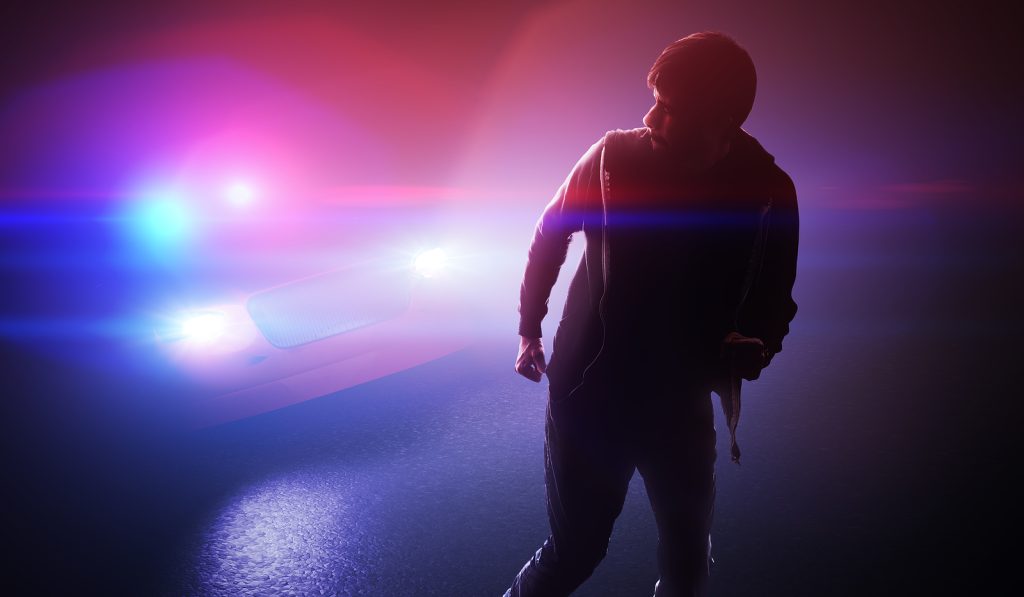Common Gun Charges in Texas
A common gun charge in Texas is the illegal possession of a firearm. Unlawful possession refers to those who are ineligible to obtain or carry a gun and are found with one in their control. For example, a convicted felon must abstain from possessing a firearm for a set period, typically five years. State employees, individuals with domestic assault convictions, and those with protective or restraining orders are also usually prohibited from possessing a gun. Unlawful possession in a weapon-free zone may also fall under this category.
Improperly discharging a gun in Texas can also lead to charges. Texans have rights when it comes to owning and using a firearm, such as when they are hunting, target shooting, or defending themselves, but outside of those reasons, it is illegal to discharge a gun.
The unlawful sale of a gun can also lead to charges. If, for example, you are selling your gun to a minor, this can lead to charges. If you know of a felony charge to the recipient of your weapon, you can be charged. If you knowingly sell the gun to a person who intends to use it for criminal behavior, or if you know they are intoxicated at the time of the purchase, this can lead to unlawful sale charges.
Using a gun during a crime will generally lead to additional charges. Some examples may include assault or threat with a deadly weapon.
What Penalties Do Gun Charges Carry?
If you illegally discharge a firearm, it can be considered a Class A or Class B misdemeanor. The difference lies in where the illegal discharge occurred.
This offense is typically considered a Class B charge if you are in the country or rural area. If you are in a large city with a population of more than 100,000, the charge may result in a Class A misdemeanor.
What Charges Result From Illegal Gun Possession?
Criminal possession of a firearm by a felon within five years of their release date can result in a third-degree felony with fines up to $10,000 and up to ten years in prison. It does not matter what the circumstance leading to the felony charge was, but for at least five years, a released felon may not possess a gun either in their home or with them in public.
Similarly to the above information, if previous charges resulted from domestic violence or other family assault charges, or if the person has a restraining order in effect, possessing a gun is illegal and can result in similar penalties and fines.
What Do “Aggravated” Charges Mean?
If you have a gun in your possession while you are committing another crime, it can result in the term “aggravated” being added to your charge. For example, robbery becomes aggravated, resulting in escalated penalties and jail time if the offender has a gun. It is important to note that the firearm doesn’t have to be discharged during the crime to make it aggravated.
If it can be proven that you had a gun on you during the crime, whether you fired it or not, you may be charged with more substantial fines, penalties, or jail time. If your charge is increased to a first-degree felony, for example, due to the presence of a firearm, you could be facing life in prison.
Will I Get Jail Time for My First Gun Charge?
Generally speaking, first-time gun charges can result in lesser penalties. Courts will take into consideration your past criminal history, the specifics of the situation that led to the charge, and more. In most cases, first-time offenders can face up to a year in jail and a fine of several thousand dollars.
For example, if you are found guilty of a Class A misdemeanor, but you have no prior criminal charges, have an otherwise spotless reputation, and exhibited poor judgment, it may be an option to have a substantial fine and probation rather than sit jail time.
If your first gun charge is on the felony level, you may face up to ten years in prison and up to $10,000 in fines.
Are Other Weapons Considered Illegal in Texas?
Some may think that just guns are regulated in many states. This theory is not the case. Other weapons include brass knuckles, bombs, rockets, switchblades, rifles or shotguns with shortened barrels, and more.
Other illegal items are gun silencers, armor-piercing bullets or ammunition, and fully automatic machine guns. If you are found to have any of these in your possession, you may face Class C Misdemeanor charges, which can result in a fine.
A Fierce Advocate For Clients
If you or a loved one are facing gun charges, it is in your best interest to consult an experienced attorney immediately. Understanding your rights per Texas law, working with your legal team to formulate a reasonable defense, and moving forward are essential. Charges can sometimes be decreased or dismissed, depending on the circumstances.
By relying on our experience, you can expect a well-versed, compassionate, and determined team to support you in defending against criminal charges. Gun charges are to be taken very seriously, and we can help assemble a professional and reasonable approach to getting you back to your life in a timely fashion.
Call our office today at (254) 239-0504 to learn how our tireless and competent team can best assist you.


 CALL US NOW
CALL US NOW










